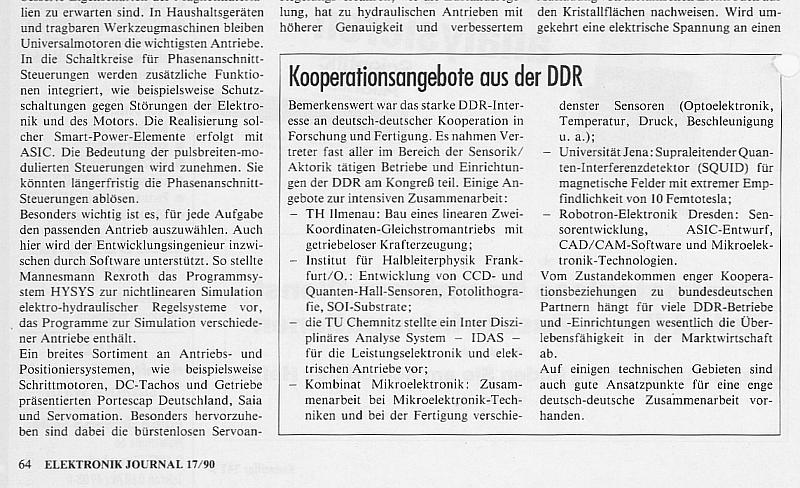Wiki
User Tools
Sidebar
Table of Contents
Cryogenic Current Comparator (CCC)
The CCC is a cryogenic DC beam current transformer. It measures the intensity of lowest beam currents, circulating in storage rings, or extracted through high energy beam transport lines. The present best values, obtained with a thin-film DC SQUID at 4.2 K, are:
- Current resolution < 6-120 pA/sqrt(Hz) (within a bandwidth of DC-10 kHz)
- Bandwidth > 50 kHz
- Zero drift < 4 pA/s
More information:
History
After the development of SQUID magnetometers at Ford Research lab(see details in wikipedia) in 1965, I. K. Harvey at National Standards Lab, Sydney, Australia has shown that the SQUID magnetometers can be used to measure precise equalization of current ratios by precise measurement of superconducting screening current. This device, later known as Cryogenic Current Comparator (CCC), was soon developed into a beam current monitor at Physikalisch-Technische Bundesanstalt (PTB), Berlin.
Based on the same principle, a Cryogenic Current Comparator was developed at the Beam Diagnostic group, GSI in 1995 in collaboration with Institute of Solid State Physics, Friedrich Schiller University (FSU), Jena.
The project was kicked off following this magazine article. The CCC project at GSI was launched, back in 1991.
This joined project was successfully shown to measure ion beam current down to <10 nA with a bandwidth exceeding 10 kHz. The non-intercepting and absolute measurement possibilities with a wide dynamic range using CCC provided interesting applications in beam diagnostics. Intensity measurements independent of beam energy, type and trajectories with absolute calibration provided the possibility of calibration of other standard intensity measurement devices, especially in the low intensity ranges, where standard beam current transformers cannot be used.
After a number of beam measurements with the CCC, this project lead to award winning results:
The 1998 Faraday Cup Award
Recent Developments
Given by the wide beam energy and intensity ranges planned in the FAIR beam lines, seven CCC systems are foreseen to be installed at its transfer lines and storage rings. Hence in 2009, this project was re-started to develop improved CCC systems by incorporating advanced components and instrumentations.
After successful re-commission of the existing GSI-Pb-CCC system and a number of optimization measurements, this CCC system was used as a test bench for measurements for with the new sensor and data acquisition units. The dc SQUID sensor and the associated electronics developed at FSU, Jena was replaced by commercial alternatives based on modern technology. The system was then installed at the extraction section of SIS18 and successful beam measurements were done during spring 2014 beam time followed by extensive offline tests. Apart from the already known zero drift, the offline tests revealed strong instantaneous dependence of temperature/pressure of the liquid helium cryostat on the CCC output. These investigations are still under progress to confirm the origin of these influences and to minimize them in the future systems.
Cooling water 18°C for CCC
Positioning of first Cryocompressor for CCC “T1S1DT1Y”: Positionierung Cryo-Kompressor !

